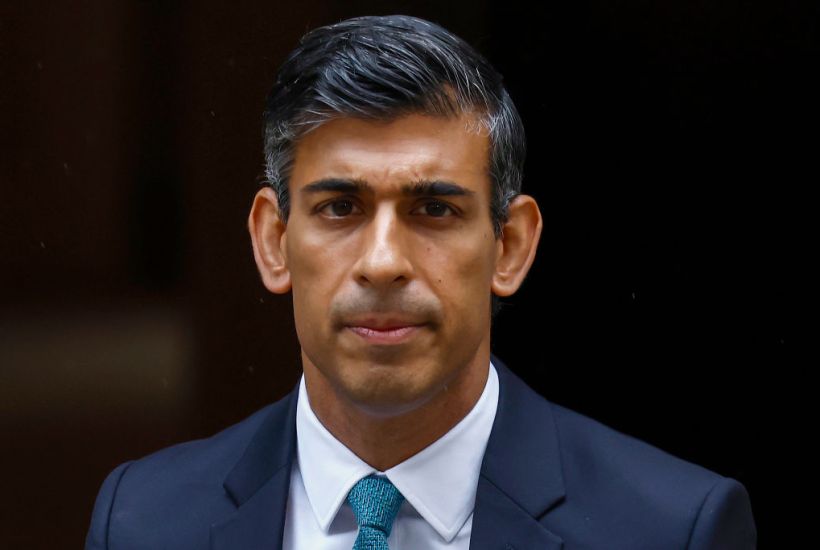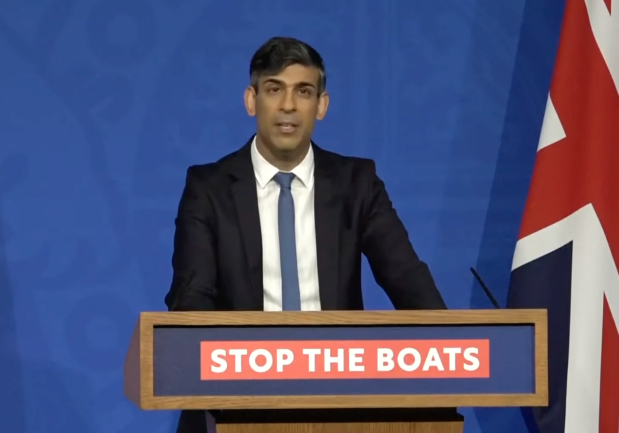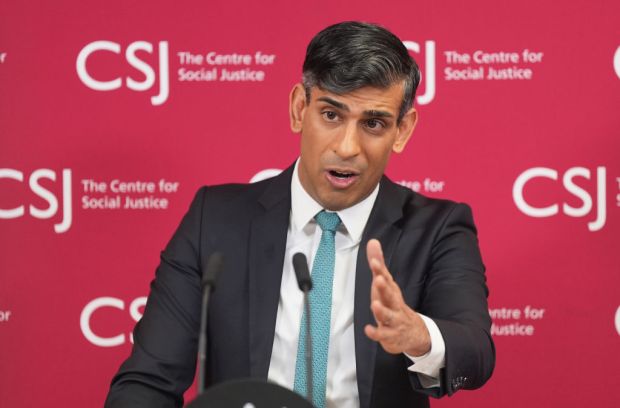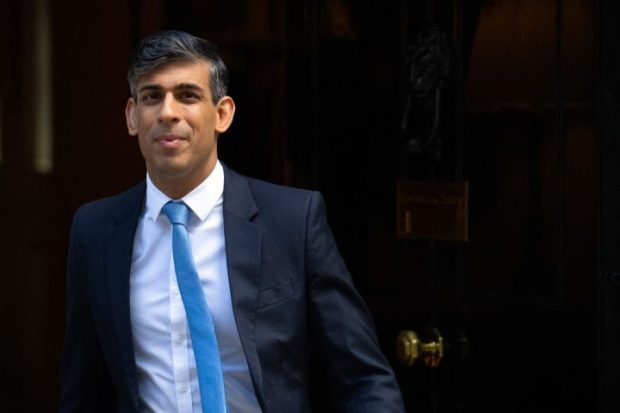Rishi Sunak’s promise to close down the Confucius Institutes in UK universities when he pitched for the Tory leadership sounded like a good idea. Sadly it was also ill thought out. In a liberal democracy it’s difficult just to close down organisations you don’t like by governmental order. His backtracking on that promise this week was therefore both predictable and understandable.
Unfortunately the way he has chosen to do this has been a terrible exercise in bad judgment. To this extent the right of the Tory party are absolutely right to call him out.
In Europe and Nato, the last thing Sunak needs now is a reputation for being soft on illiberal regimes
Confucius Institutes, to remind you, are institutions set up within universities in the UK under agreements between the college concerned and a central Chinese governmental education body (referred to in many agreements, slightly chillingly, as ‘Headquarters’). There are about 30 of them; typically they are funded by Beijing and the university, and receive office space and secretarial support from the latter. Their functions include not only teaching Mandarin and training instructors, but a vague mandate to provide information and consultative services, and in many cases ‘other activities with authorization and by appointment’ of Headquarters, or something similar. A number have also been paid substantial sums by you, the taxpayer, to provide Mandarin lessons in certain state schools.
They are worrying. Their finances are not very transparent; but last year the China Research Group, a grouping of concerned Tory MPs, estimated that over ten years they had received an investment of between £15 and £28 million from Beijing. Quality control of the services they provide lies in the hands of Beijing; as one agreement (with Leeds University) puts it ‘The Institute must accept the assessment of the Headquarters on the teaching quality.’ Staff are said to be carefully vetted for political trustworthiness, and told not to say anything that makes the CCP unhappy. Chinese and Hong Kong students have complained that they are used as unofficial centres to monitor what they do and say, and there are stories of their indirectly pressuring universities over what they teach.
What has now happened? Rishi Sunak’s office put out a laconic statement on Wednesday: the government currently judged it ‘disproportionate’ to close them down, provided they operated ‘transparently and within the law’ and were committed to ‘our values of openness and freedom of expression.’ It has merely said that all government funding, presumably for Mandarin teaching in schools, will be removed.
For the last we have to be grateful: whatever the services received in exchange, there is something distasteful about any taxpayers’ money whatever going to the propaganda department of a rich and overbearing foreign state like China. Let’s hope that money now goes direct to the schools concerned. But the rest of the statement is worrying. Essentially it means that the Chinese have won the diplomatic battle hands down, and there will be little or no change. The references to acting within the law and respecting freedom of expression mean nothing. There never was anything illegal about Confucius Institutes infiltrating academic institutions in order to gain all possible influence for themselves and soft power for Beijing, nor yet in telling students in a friendly if forceful way about the requirements of Chinese law on matters such as sedition. And they are no doubt happy to be committed to the value of free speech – especially for peddlers of Beijing’s propaganda.
We don’t know exactly how China played this, but we can guess. A discreet word from the government to the effect that harmony would be threatened if Rishi proceeded, followed by an agonised phone call to the embassy, and a plea to Downing Street not to rock the boat, seem a fair inference. So also a murmur from the Chinese embassy here that Rishi’s attempts to improve economic ties and encourage more students to study here (including many from China) might be stymied if he persisted in his unfortunate plan. Couple that with a quiet word in a minister’s ear emanating from the odd vice-chancellor frightened of losing a lucrative source of income and wondering if the government might care to replace it, and we have the prospect of a tired administration happy to give way in order to avoid another headache.
What should Rishi have done? Closing down the Confucius Institutes frankly wasn’t on, since the Chinese government could rightly have asked why nothing was being proposed about other state-supported cultural institutes in academia, for example those funded by Middle Eastern states or potentates to promote Islamic studies. But he could have come out with some much more forceful non-partisan measures. What about, for example, forbidding any university seeking governmental funds to provide office accommodation or secretarial support to any foreign government-backed body or from paying any money to such an organisation, so that all relations have to be at arm’s length with an institution outside the university’s walls? Or what about requiring full disclosure of all arrangements with such bodies – currently many are kept under wraps under the prim rubric of commercial confidentiality – and requiring all payments and donations to be publicly declared?
It’s not too late for the government to change its mind and do something like this, while formally allowing the Institutes to continue. Such a measure would be easily defensible, and would also answer the occasional leftist criticism of universities for taking money from unsavoury regimes other than China. It would also greatly improve Rishi’s image. In Europe and Nato, the last thing he needs now is a reputation for being soft on illiberal regimes. And at home, any chances he has with the electorate may well depend on how many people he can convince that he means business when it comes to facing down the bullies in Beijing.
Got something to add? Join the discussion and comment below.
Get 10 issues for just $10
Subscribe to The Spectator Australia today for the next 10 magazine issues, plus full online access, for just $10.




















Comments
Don't miss out
Join the conversation with other Spectator Australia readers. Subscribe to leave a comment.
SUBSCRIBEAlready a subscriber? Log in